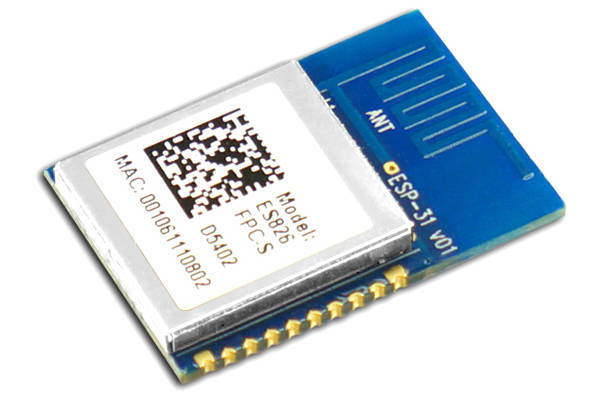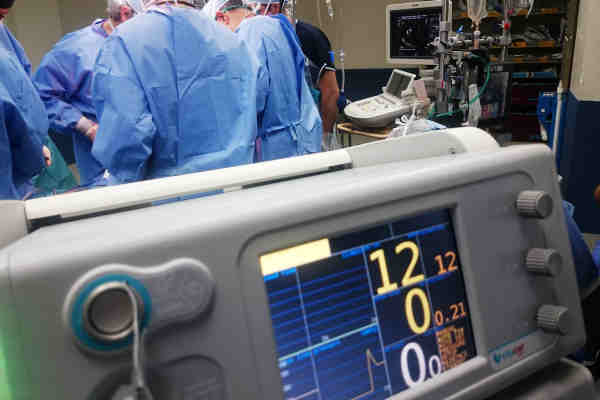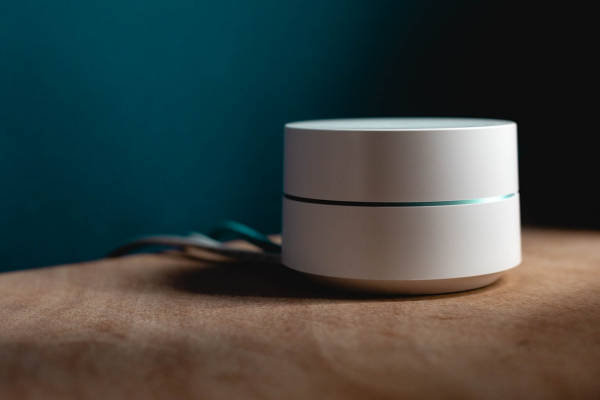Top 6 Reasons to Use an FCC Certified Module

In testing for FCC wireless certifications we run into countless IoT devices and between product designs we’ve found that the designers tend to about evenly split in terms of deciding to use to an FCC certified wireless module as opposed to a chip down design. In our next post, we’ll investigate the reasons as to why we tend to suggest users opt for a chip down design
(hint: the cost savings of using Sunfire Testing for certifications is significantly less then the costs you will experience with any other accredited FCC testing labs). But we’ll save that comparison for our next article.
Our company history is primarily in wireless design we have quite strong feelings on this matter as well.
For now, what are the top reasons why users should be considering FCC certified modules in their designs?
1: FCC Certified Modules Are Simple to Implement at the PCB Level and Don’t Require RF Experience for the Layout
In terms of required RF design experience, an RF module certainly does reduce the required knowledge to implement a design. In many cases you can simply purchase the wireless module, design the PCB footprints for the specific module and drop it onto your board.
For many first time designers this can greatly speed up time to market.
2: FCC Certified Modules Don’t Require Quite as Much EMC Testing as a Chip Down Design
One of the outstanding features of the using an FCC certified wireless module is that you the module manufacturer has already performed the required FCC radio certification testing and you will not have to perform quite as much testing.
Note: you still have to perform the FCC Supplier’s Declaration of Conformity testing for finished devices, and as of February 2019, the FCC is requiring that all end products using FCC certified wireless modules must also test for extended spurious emissions testing.
(In our opinion, we’ve found that based on this updated testing requirements more designs are going back to chip-down designs).
3: FCC Certified Modules Have Already Tuned Antennas and Impedance Matching
A huge benefit of using an FCC certified module is not only that the module has been FCC certified but there is a presumption that the module designer has also tuned the module and that the chosen antenna and tuning should work very well in many systems.
There’s a significant learning curve to getting those RF characteristics correct, so from a design perspective this a big benefit.
4: FCC Certified Modules Have Simplified Firmware Coding
One of our favorite RF SoCs is the EspressIf 32. One of our least favorite elements of working with the EspressIf 32 was learning the very difficult toolset, IDE, and SDK for the system.
We have spent countless hours on their company forum learning exactly how to drive the chip and write the correct firmware calls.
If you use an ESP 32 based module, chances are that you can use their greatly simplified AT-Commands which acts as a giant wrapper around the actual SDK.
Using AT commands, greatly can speed up time to market and can be a very good reason to use an FCC certified module.
5: FCC Certified Modules Must Meet FCC SAR & RF Exposure Requirements
This may not seem like an obvious benefit, but all FCC modules must meet the required FCC EMC testing limits as per Part 15 but in addition they also must meet the RF Exposure requirements as would need to be performed as like with Specific Absorption Rate testing. SAR Testing can be an often overlooked testing item depending on the radio frequency and power output of your device, and most users may not consider the SAR needs of their wireless devices.
6: Most LTE & Cellular Radios are only available as Modules
We think this is likely the compelling reason to use the an FCC certified module. If you examine the current market offerings of FCC certified modules, you’ll find that the most complex radios are LTE & 3G offerings and they are to our knowledge all only available as modules. The required testing for an LTE & 3G module is quite high, and module manufacturers are offering a very good economic proposition to end users to implement their FCC certified modules. We would not recommend a design consider a chip down cellular module. (Our advice to most end users is to go chip down for BLE, WiFi, and ISM bands but to definitely leverage an FCC certified module for cellular band usage)
Coming up Next: The top 6 reasons not to use an FCC Certified Module
Tune in to our broadcast, for the top 6 reasons why you should not consider using an FCC module. Because of our low FCC certification testing costs and common designs issues we see with modular designs, we think there are some very compelling reasons to consider a chip down design in your product!
We make compliance testing easy.
Submit your project details today for a no-cost quote
Request Quote

